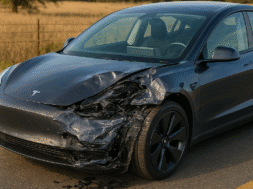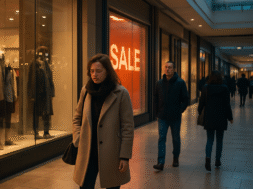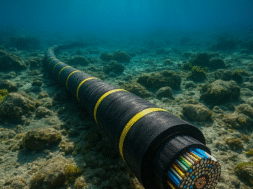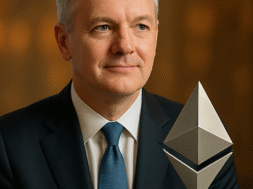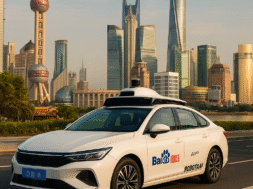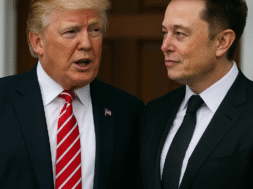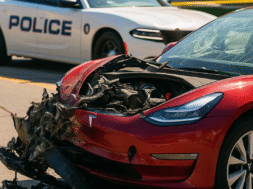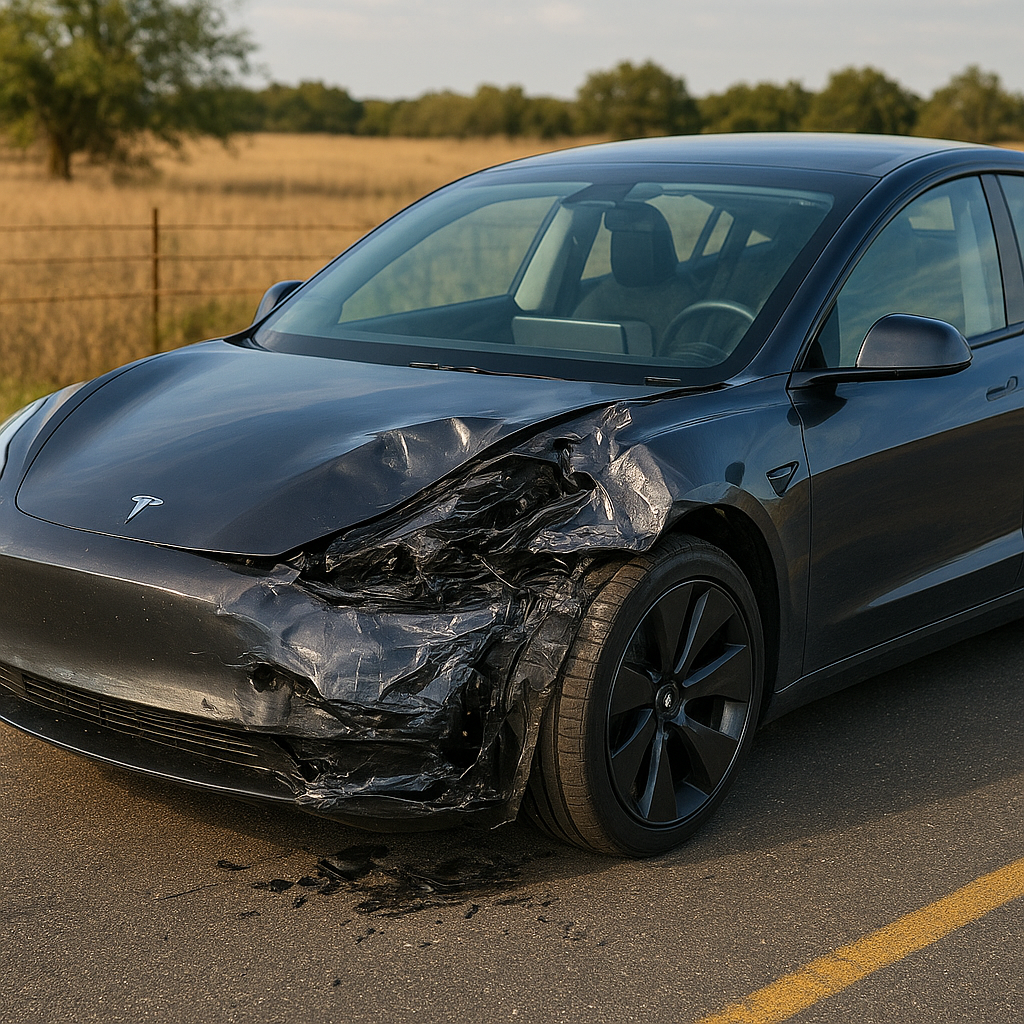
Tesla Fights $243M Autopilot Crash Verdict, Seeks Dismissal or New Trial
Tesla is pushing back against a $242.5 million jury verdict in a wrongful death and product liability case, asking a Florida court to either overturn the decision or grant a new trial.
The case stems from a 2019 fatal accident in Key Largo, Florida, where George McGee crashed his Tesla Model S while using the company’s Enhanced Autopilot feature. McGee admitted he had dropped his phone and was distracted when the car accelerated through an intersection at more than 60 mph, striking a parked vehicle and its owners. The collision killed 22-year-old Naibel Benavides and seriously injured her boyfriend, Dillon Angulo.
Earlier this month, a federal jury in Miami ordered Tesla to pay $242.5 million as part of a $329 million damages award to the victims’ families.
Tesla’s legal team, Gibson Dunn, has argued that:
-
Compensatory damages should be cut from $129 million to a maximum of $69 million.
-
Punitive damages should either be dismissed entirely or capped at three times compensatory damages under Florida law.
In its filing, Tesla insisted that the Model S had no design flaws and that the crash was caused entirely by driver distraction. The company stressed that while driver-assist technology can enhance road safety, it cannot replace responsible driving.
“For as long as drivers remain in control, safety features may prevent countless accidents — but they cannot protect against reckless behavior,” Tesla’s appeal states.
Plaintiffs’ attorney, Brett Schreiber, countered by saying the verdict highlights Tesla’s “unsafe development and misleading promotion” of its Autopilot system. He emphasized that the jury’s decision reflects shared responsibility but also acknowledges the role Autopilot played in the crash.
